Dear Parents,
It is clear that COVID 19 will not end before the holidays or the New Year. Though we have taken measures to protect our families, loved ones, co-workers, and neighbors, we are going to continue to need to take special steps to ensure the well-being, mental health, and optimism of our children and teens. This means we are going to have to get creative, care for ourselves as well as we possibly can, and talk to our family members and partners as we make holiday plans.
Holiday decorations for all the special days to come can be fun when we and our kids make them together. Colored paper, glue, leaves, pinecones, and maybe some sparkles can transform our home and help lift our moods. Singing special songs together or baking favorite cookies to share by leaving one or two in the mailbox for the postal carrier or on neighbor’s doors in a special package is truly fun! Children can write cards to grandparents and others we are unable to see in person or to people we do not know who live in nursing homes and are far from or missing their relatives too. Watching special holiday movies together, while enjoying popcorn and treats, can make lots of fun memories.
Kids can be encouraged to put on a concert or a play in the living room. The entire family can start a big puzzle to work on together. Cooking, baking bread, trying a new recipe, or making traditional family favorites is awesome, yummy, and fun.
Go outside, as much as possible. We are fortunate to have beautiful parks, playgrounds, trails, ponds, and lakes to enjoy. Children need to be outside and being outside one-on-one or as a family is the best!
Of course, some children love using digital devices, like tablets, laptops, or smartphones to connect with friends or to play games. Spend time with your children in their favorite games or internet sites. This is a great opportunity to teach digital safety. Children can learn from an early age that any digital conversation is public even though it may feel private. We can let children know that they can ask for adult help if they come across upsetting content on the internet or if someone asks them for identifying information, gives them a gift, asks for pictures of them or video of them, or wants to meet in person. Let children know that adults want to help with these kinds of situations.
If relatives visit it can be such a joy, but also a great learning experience. Children as young as toddlers take their cues from adults about body sovereignty. This is a big term for respecting others’ boundaries about touching. We can help by encouraging adults to model asking children if they want touch, such as hugs, waiting for their answer, and respecting their wishes about touch. In this way children will see not to take it personally when someone says no to touch. We can teach children to ask for permission before touching other children and adults. This is a great lesson during a pandemic but can also help children have healthy relationships with their peers as they grow. We can teach children to listen to the response of other children and adults about hugs and other kinds of touch. Children can learn phrases like, “you are in my bubble” or “you are in my space” which will help them communicate their personal boundaries to others. You’ll find children will enjoy holiday visits more when everyone is comfortable.
Please take some time to talk with your children about Thanksgiving, its’ meaning and any other special days celebrating the fall harvest, gratitude, and other holidays coming up that you have enjoyed and celebrated in the past. It is not too early to start thinking of ways to share some love with your friends, neighbors, and extended family. It is good for our children and teens to be caring about others and good for us all to celebrate life, renewal, and hope for the future during the 2021 holiday season.
As Americans, we are Strong Together in so very many ways! Let’s seek to focus on how we can contribute to our common good health for ALL during the 2021 holidays and the New Year!
Authors: Linda Johnson, PCAVT Executive Director and Marcie Hambrick PhD, MSW, Director of Child Sexual Abuse Prevention
COVID 19 Parent and Caregiver Guide
Protecting Children from Sexual Abuse: A Guide for Parents and Caregivers
Vermont Parents Helpline: 1-800-CHILDREN

